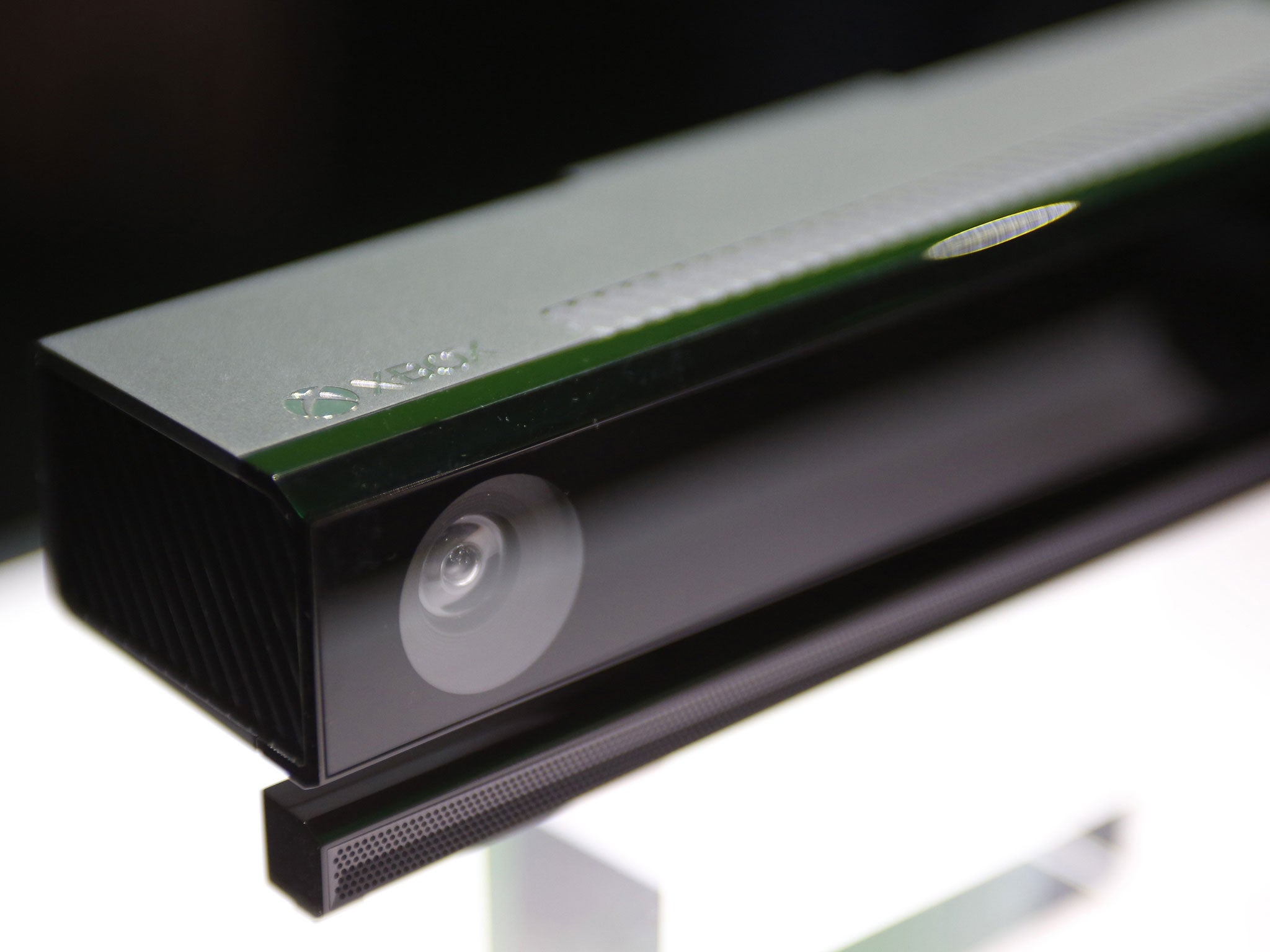Been watching Game of Thrones? Have a reward: Microsoft Xbox One could could give 'awards' to gamers who watch TV and adverts

Have you gorged on an entire series of Game of Thrones? Then you deserve a reward. Microsoft plans to give special “awards” to viewers in return for watching television shows and adverts on its new Xbox One console.
A patent application lodged by the computer giant reveals that the company wants to incentivise television viewing by offering tangible “achievements” to everyone watching video content on its devices.
The concept, an extension of the “achievements” which Xbox 360 users unlock by completing in-game tasks, could lead to viewers getting free Microsoft products in return for watching television.
But the awards system would also require a hi-tech monitoring system to track every programme and advert watched by its users and confirm that they have actively engaged with the rewardable content.
The Microsoft patent states that television watching currently “tends to be a passive experience for a viewer.”
To increase interactive viewing and “encourage a user to watch one or more particular items of video content, awards and achievements may be tied to those items of video content,” the document logged with the US Patent and Trademark Office said.
“Producers, distributors, and advertisers of the video content may set viewing goals and award a viewer who has reached the goals.”
The reward could be virtual, in the form of extra scores on a game, or “coupons for an advertised product or service, or an actual product.” Viewers who complete a series could be rewarded with free downloads of a future show or a new game.
What if a viewer simply leaves their device in “play” mode before disappearing to play with their iPad? The patent suggests that the reward system could me made compatibile with Microsoft’s Kinect sensor.
The viewing behaviour could include “an action performable by the viewer and detectable by one or more sensors, such as a depth camera.” A sensor could detect whether a viewer’s eyes were really on the screen.
The patent also mentions a system “configured to track the viewing behaviours of one or more viewers” that can “compile one or more user-specific reports of the viewing behaviors, and send the user-specific reports to a remote device to determine whether the user-viewing goal has been met.”
Microsoft believes its patent, which it called The Awards and Achievements Across TV Ecosystem, will find favour with advertisers struggling to target viewers who can now speed through commercial breaks at high speed using digital catch-up services.
However Jeremy Toeman, CEO of Dijit Media, a startup which aims to transform the way in which people discover television programmes, said the Microsoft plan failed to grasp the motivation behind the viewing experience.
“The accomplishment of finishing Game of Thrones or (Netflix download series) House of Cards is that you watched it, you enjoyed it, and you gave up thirteen hours of your life to have that enjoyment,” Mr Toeman said. “I haven’t seen any success yet from any TV reward programme. What the industry doesn’t get is that watching the show is the reward.”
The patent did not state which platform the reward system would operate through but it is believed that the new Xbox One and 360 consoles are the likeliest targets.
Our trailers are too long, say US cinema owners
They are as much a part of the cinema-going experience as popcorn and flat cola, but not everyone enjoys them. The number and duration of trailers before the main feature film so engrages some viewers that cinema owners have proposed that their length is capped.
The National Association of Theatre Owners, a US trade body, has suggested that 30 seconds are shaved off the average two-and-a-half minute American trailer. While many in the UK would welcome the idea, industry figures voiced doubt. British cinemas receive long cuts of trailers, which they are free to edit to best suit their audiences.
Phil Clap, of the Cinema Exhibitors’ Association, said: “While each cinema has different internal guidelines on length, there’s a recognition that people have a limited attention span.”
Gabriel Swartland, of Picturehouse Cinemas, said: “Overly long trailers can add pressure to pre-show scheduling, but a one-size-fits-all restriction is probably not the answer either.”
Oscar Quine
Join our commenting forum
Join thought-provoking conversations, follow other Independent readers and see their replies
Comments
Bookmark popover
Removed from bookmarks